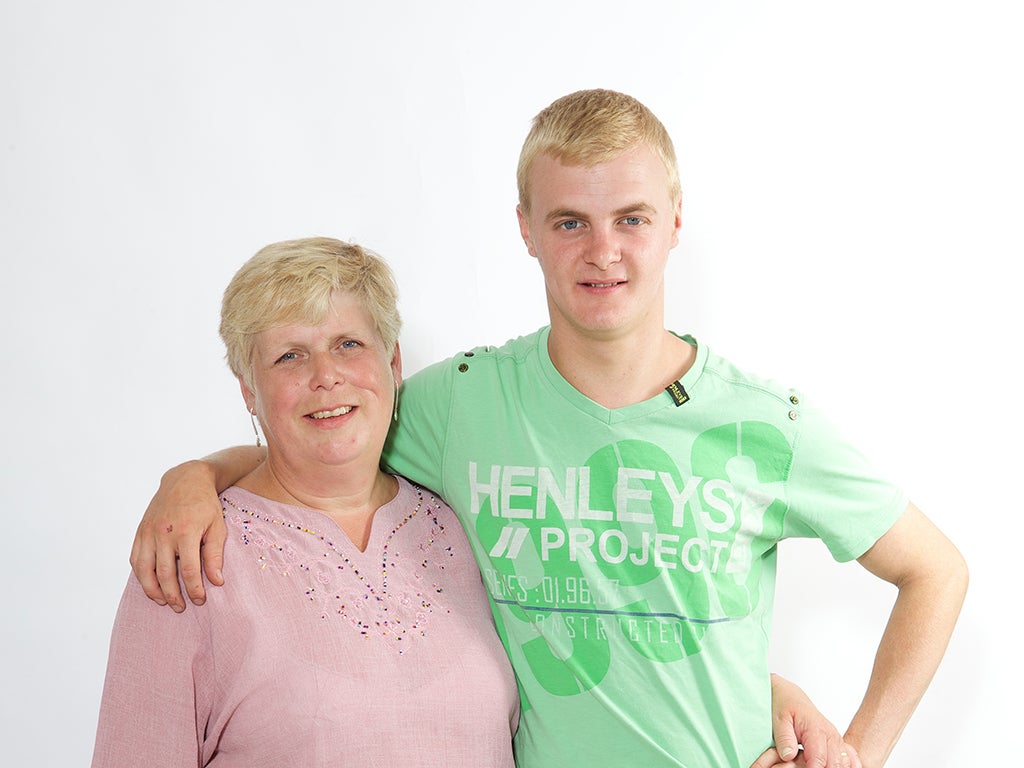Foster carers: parenting at its grittiest, but it's also the most rewarding job in the world
The number of children across the UK coming into care has risen for the 7th year in a row and now tops 92,000

Imagine how vulnerable you would feel as a child coming into care.
You have most likely suffered abuse or neglect at the hands of your family, but know no different. You are then taken away from your parents and your home. Hurt and angry your fear, confusion and loneliness are inescapable.
Being a foster carer is parenting at its grittiest, we must be honest about that. Abused and neglected children need foster carers who have tolerance and understanding in droves.
Taking a vulnerable child under your wing may seem a daunting prospect but when we ask our foster carers what attributes are needed it always come back to the basics; love, patience and a sense of humour.
Fostering means sitting up all night with a child who is sobbing and then, dog-tired, having to do it all again the next night. Only, second time round, the child may sob for 10 minutes less because she is being heard for the first time. Fostering is about showing a 14-year-old how to build a sandcastle because he has never seen a beach; it involves reassuring a terrified teenager they are safe and secure every single day.
You will need, more than anything, to believe in the child, no matter what he or she does.
As a foster carer you will need the strength to stay calm while a child tests boundaries and takes their anger out on you. You will need the patience to come back every time you’re pushed away or called in to their school once again about their behaviour.
When I meet Barnardo’s foster carers, I am bowled over by how they change the lives of these children so that, step-by-exploratory-step, they can trust, relax and smile again.
After being approved by the Barnardo’s fostering panel, Caroline, one of our carers, received a phone call asking how she felt about fostering a four year old boy called Matthew*,
Caroline said: “I listened to his story, he sounded just like my cup of tea, I went for a short visit and fell in love with him.
“He didn’t know how to play when he first came to me. Now it’s lovely to see him play in his own imaginary world. He would never go out into the garden on his own, the first time he did it dawned on me the steps he’s made, I nearly started crying.
“Fostering is a career, a full time job. I won’t make out it’s all plain sailing – there are ups and downs. But I’ve found that sticking by the child and working on the attachment they form pays off.
“The balance swings from being pushed away, to being accepted. The high points for me are seeing those children make progress. It may be in small steps but when you look back, they’re huge for that child.
“One of the girls who came to stay, I made her a cake when it was her birthday. She’d never had a birthday cake before. Moments like that really stay with you as these are the sorts of things we take for granted with our own children.”
The number of children across the UK coming into care has risen for the 7th year in a row and now tops 92,000. Across the UK, another 8,600 foster carers are needed to provide homes for these children.
Currently due to the lack of suitable foster carers available, a third of all children in foster care will have two or more placements in just one year. That’s two bedrooms, potentially two different schools and sets of friends and most importantly two or more carers, per year, to get to know and begin to trust.
With statistics like this it is no surprise that outcomes for children in the care system are poor. Care leavers are more likely to be homeless, unemployed, suffer from a mental illness or spend time in prison. That is quite an array of calamitous outcomes, but it is possible to help stabilise that projection by reaching out to more people and encouraging them to foster.
Foster carers can come from all walks of life. Barnardo’s does not exclude anyone from consideration on the grounds of marital status, sexual orientation, disability or employment status. There is no upper age limit to becoming a foster carer and Barnardo’s is keen to speak to older people with life experience, whether they are parents themselves or not.
We see our foster carers as our partners in supporting vulnerable children. We provide them with as much support, training and advice as possible, for as long as it is needed.
Not only do foster carers transform the future for the children in their care but they are also teaching them their own parenting skills for later life. The legacy of every foster carer lives on for generations to come. What a very special gift to give.
Javed Khan is CEO of Barnardo’s, Barnardo’s are launching an appeal for more foster carers. For more information visit www.barnardos.org.uk
Subscribe to Independent Premium to bookmark this article
Want to bookmark your favourite articles and stories to read or reference later? Start your Independent Premium subscription today.

Join our commenting forum
Join thought-provoking conversations, follow other Independent readers and see their replies